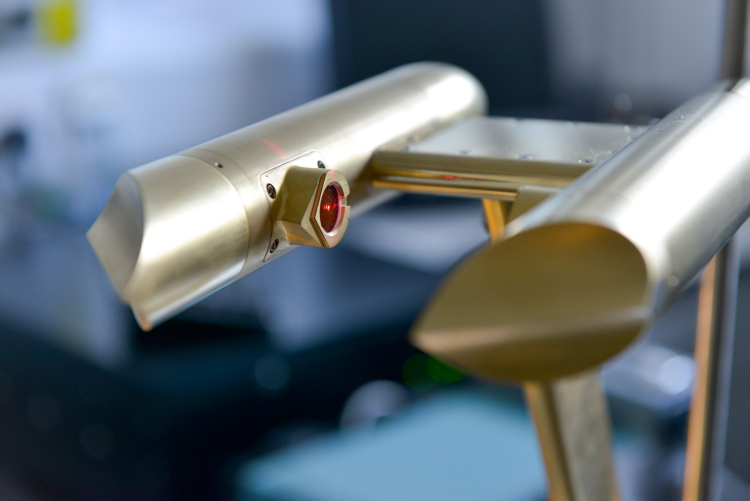The Mid-Life Upgrade is making significant capability developments.
The Mid-Life Upgrade uses a set of guiding principles to inform and steer capability developments during the programme.
Our guiding principles
Seeking development of the baseline aircraft platform:
- Enhance flight performance and operational capabilities
- For example, through mass reduction of systems and components, and improved aerodynamic capabilities of external structures
Modernisation of the facility’s science infrastructure:
- Implement new technologies to deliver flexibility
- Improve maintenance and sustainability
- Increase the breadth of potential services
Modernisation of existing science instrument systems:
- Implement new technologies
- Upgrade measurement uncertainty evaluation practices
- Introduce miniaturisation, unitisation and integrated services
Opportunities to develop our relationships:
- Work together with other operators, specialist service providers and collaborators to support future operations of the facility, including instrument sharing
Development of systems, methodologies, and best practices:
- Ensure instruments, services, and facility activities continue to be designed and used in effective and efficient ways, for the longer term

We are developing the facility’s capabilities across six areas
Aircraft Development:
Considering long-term operational and maintenance requirements, assessing baseline performance of the aircraft, identifying obsolescence within existing aircraft structures and systems, and upgrading technologies. The scope includes developing fuel systems, and navigation and surveillance facilities.
Scientific Infrastructure Development:
Upgrading onboard facilities and services in line with best practice, latest technologies, miniaturisation, space-saving and mass-reduction recommendations. The scope includes developing science power, mass transfer, thermal management, data systems and data processing, communications, new instrument racks, wing pylons, air inlets, and mission scientist support.
Scientific Instrumentation Development:
Assessing the research needs for new, updated, or replacement instruments. Establishing processes for instrument development, provision and evaluation. The current range of instruments in scope for development includes radar systems, aerosol counters, biogenic measurement instruments, wind and turbulence systems.
Process Development:
Analysing processes to embed best practices, introduce project management expertise, further community engagement, evaluate risk and improve efficiency for future. Examples include generating ‘living’ technical handbooks, creating legacy documentation, setting out steps for instrument sharing, evolving the process of applying for a flying campaign through to aircraft detachment, updating the aircraft configuration, mass and drag management.
Operational Development:
Improving the facility’s response to supporting science campaigns in the UK and worldwide. This includes linking operational and financial methods and models, providing excellent training, improving cargo and crew capacity, updating mission scientist and mission control facilities, developing instrument remote control, and introducing enhanced IT, communications, weather forecasting, and data visualisation support.
Resource Development:
Building a dedicated team of people to deliver programme activities, and supporting FAAM staff to continue instrument development and aircraft operations. The team will expand to include mechanical design, software engineering, technical writing, technician, project management and communications experts. Testing and calibrating new instruments and infrastructure across the facility and wider science community, with potential for developing a network or shared workshops and laboratories, flight crew and science campaign training. Ensuring spares and maintenance support for instruments and infrastructure are available and sustainable.
Stay up-to-date
Keep in touch with the Mid-Life Upgrade programme
